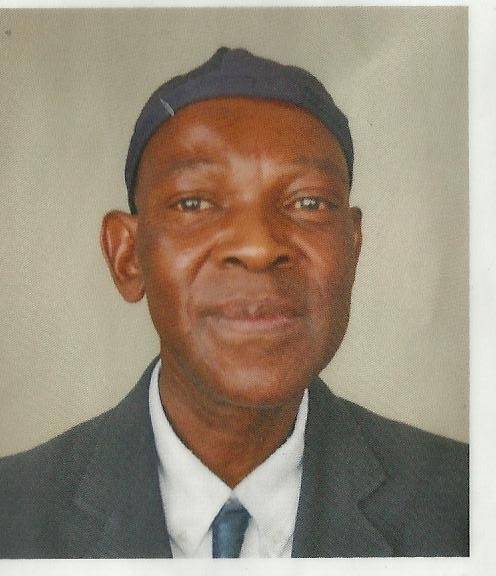
“The victims of road accident fatalities are not just drivers, passengers or pedestrians. They are our fathers and mothers, brothers and sisters, uncles and aunts, sons and daughters, grandfathers and grandmothers. They are real people, they are more than just statistics.
“To save the lives of real people, we have to change the behaviour of real people. However, the big question that has puzzled governments for ages worldwide is: How do you change the behaviour of individuals?”
These soul-searching words echo to the present day from the grave of the late Dullah Omar, former South African minister of transport, who lost his battle against cancer in March 2004.
What makes this question even more difficult to answer is that the same behaviour civil communities wish to change is a habitual trait because many motorists drive on what can be easily described as autopilot.
“Once we have learnt the basic skills of driving, we drive automatically, while most of the time we tend not to think about what we are doing behind the steering wheel. We just do it,” as one self-proclaimed veteran taxi driver from Orlando East, Soweto, openly bragged to anyone within earshot.
While most motorists regard themselves as good, professional drivers, none of them would drive the way they do if they regarded themselves as reckless and dangerous.
“When other people drive fast, we complain that they are endangering our lives, but when we do it, it is because we are in a hurry,” confessed another veteran at the same taxi rank.
As you read this, ask yourself in earnest if there is anyone who has never driven beyond the legal speed limit, who has never driven under the influence of alcohol or has never been inside a vehicle driven by a speedster?
Whenever someone breaks the law, our response is often that “the government has to do something about this”.
What if you were that driver the government ought to do something about?
How would the government stop you from speeding or drinking and driving?
Government could come out with a solution where all vehicles are monitored to a maximum speed of 120km/hr, but that would be regarded as too drastic.
Banning alcohol would also be regarded as an overreaction.
On the other hand, posting observers in every vehicle to check on its speed would be hopelessly impractical.
Improve road safety
We are at the mercy of the decisions of every individual driver.
Our roads will become safer only if and when drivers decide to drive safely, when passengers stand up for their rights and when vehicle owners honour their obligations to maintain their vehicles in good condition regardless of the cost.
According to the Association for Safe International Road Travel, road accidents attributed to driver habits and attitudes claim 1.25 million lives annually worldwide.
Unlike diseases such as TB, cancer and malaria, which can be treated if detected in time, there is no cure for road accident fatalities.
Some years ago, under the auspices of the UN, the World Health Organisation and the World Bank joined hands to publish a 217-page report for
World Health Day lamenting road safety as “a major neglected public health problem”, while detailing human destruction and the economic cost of road accidents and setting guidelines towards prevention measures.
An estimated 2.4 million people will die next year if driver habits and attitudes do not change for the better.
First reported accident
The first reported accident of driver negligence occurred on August 17 1896, some years after the invention and advent of the engine motor vehicle.
That collision resulted in the death of a 44-year-old mother and her two children at Dolphin Terrace on the grounds of the Crystal Palace in London, UK.
In South Africa, because government cannot afford to block every road, search individual vehicles or advertise and communicate via each medium in all the 11 official languages on a daily basis, motorist cooperation is needed to save lives on our roads.
As a parting shot, Omar’s posthumous message echoes loudly and clearly:
“I have no doubt that the media at times criticise the government and that they will continue to do so. However, I appeal to them to assist us to create a culture of individual responsibility. Help us to remind road users that they are, and will always remain, responsible for their own actions and own safety.”
Mthethwa is a former journalist and now editor of Soweto WayaWaya and a reader
 | ||||||||||||||||||||||||||
Get in touchCity Press | ||||||||||||||||||||||||||
| ||||||||||||||||||||||||||
| Rise above the clutter | Choose your news | City Press in your inbox | ||||||||||||||||||||||||||
| City Press is an agenda-setting South African news brand that publishes across platforms. Its flagship print edition is distributed on a Sunday. |




 Publications
Publications
 Partners
Partners








